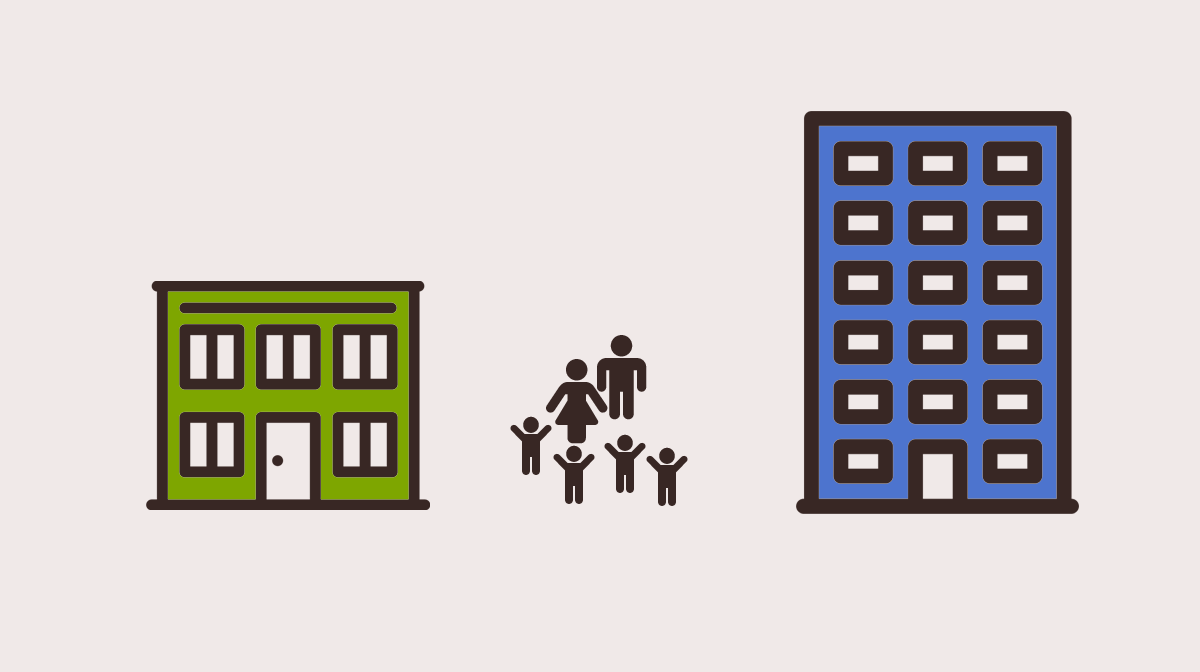I'm going to admit right off the bat that I am absolutely terrified of writing this article. The topic of rent control in Chicago has been on my to-do list since it hit the news in early 2018 and every time since then that I've looked at that line item I've flinched and avoided it. We covered it a little in our newsletter back in March when it was on the primary ballot. It's never been mentioned in depth in the blog. But nothing going forward in this blog can really be addressed without taking on the matter, and I did recently promise one of my industry colleagues that I would finally go on the record about it, so here we are.
Meet This Article's Cities
For this article we will be comparing the rental data for a selection of cities and neighborhoods within those cities, each chosen for a specific purpose. We will, of course, be looking at Chicago, which has its own Residential Landlord-Tenant Ordinance.
We will be looking at San Francisco and New York City, which both have RLTOs but also have rent control. Yes, I could have also included Los Angeles and DC. I could have included a lot of cities. I am one person and this article is already long enough as it is. If you want to take this data and run with an expansion that's totally fine with me. Continue reading Chicago Deserves Better Than Rent Control.






